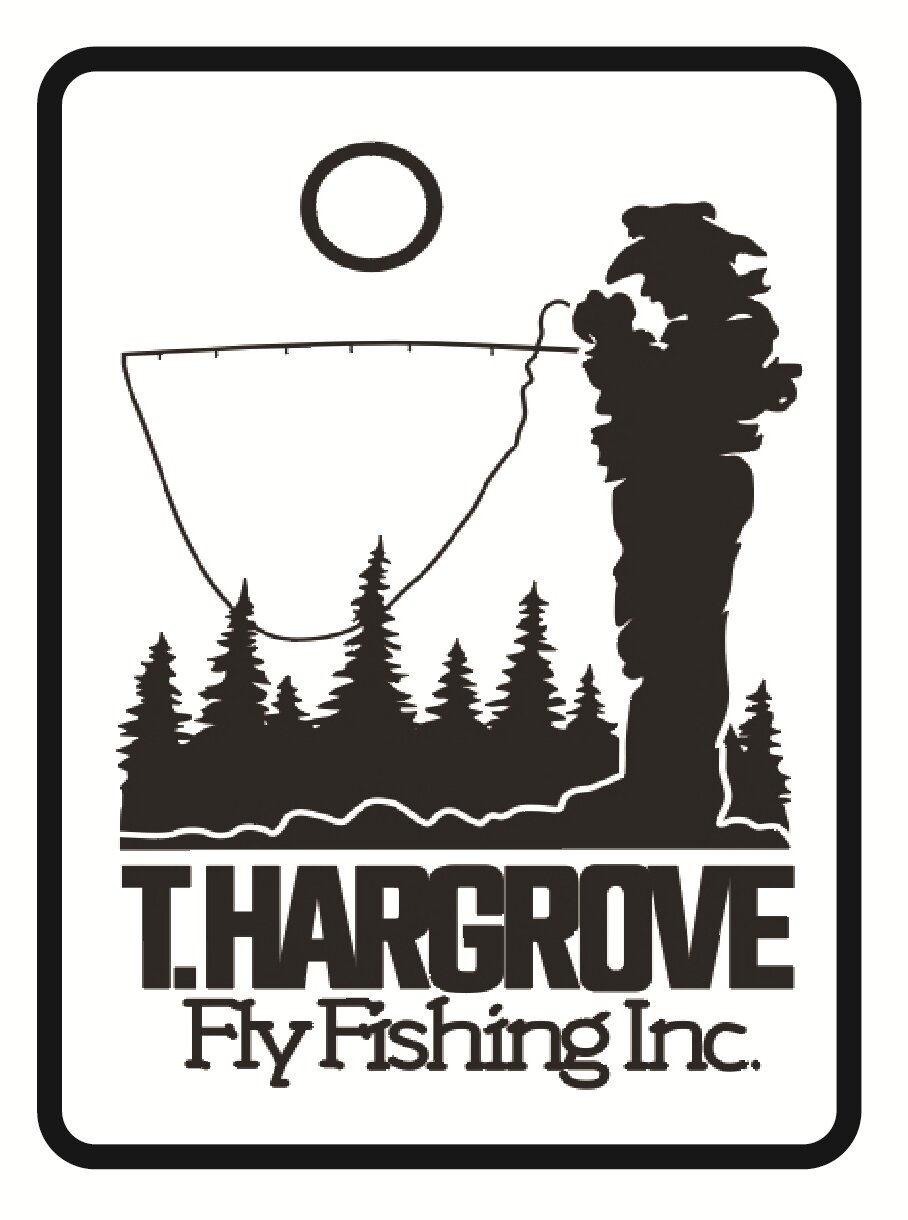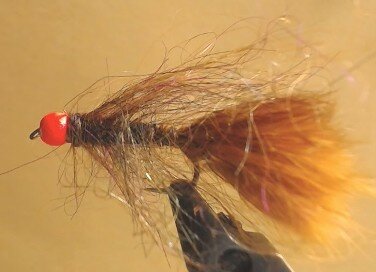Highway Safety Leech
History of the Pattern
While mohair leech patterns have a long history, this one is unique. If you’ve been to the shop then you likely know that this fly, more than any other, is iconic to T. Hargrove Fly Fishing Inc. In fact, it’s the one fly that you are likely to find the owner of the shop using on virtually any trout stream anywhere in the world.
With the addition of the hot-orange bead, this leech falls into the egg-sucking variety, and the particular way in which the Canadian mohair is applied, it becomes like Velcro in the toothy mouth of a hungry trout.
Don’t get caught on a Missouri trout stream without an ample supply of these!
Materials
Hook: Streamer Hook 4X long, size 10, (example: Gamakatsu S11-4L2H)
Bead: Hot Orange, 1/8”, Tungsten or Brass
Thread: Danville Flat Waxed Nylon 210D - Dark Olive
Tail: Marabou - Rusty Brown
Body: Canadian Mohair Yarn - Brown
Weight: Lead or lead-free wire (.020”) 11 to 13 wraps (always prime numbers!)
Tying Instructions
Mount the bead on the hook, and place in the vise
Wrap the shank with .020 or .025 lead wire. The lead wire should be started above the hook point and end behind the bead. Use Zap-a-gap to secure the lead, and allow to dry completely
Start the thread behind the lead, and tie in the marabou for the tail
Pinch and tear off the end of the marabou tail so that it is the length of the shank
Tie in the mohair yarn directly in front of the tail, and advance the thread to just behind the bead
Wrap the mohair forward using touching wraps, sweeping the material back toward the bend as you make each turn of the yarn
Tie the mohair off directly behind the bead with a whip finish, and cement it
Now take a dubbing teaser (bore cleaning brush, stiff toothbrush, etc.) and pick at the mohair you swept back as you wrapped it. It should stand perpendicular to the hook shank. Finally, gently sweep the material back and your fly should look nice and bushy like the one pictured above

